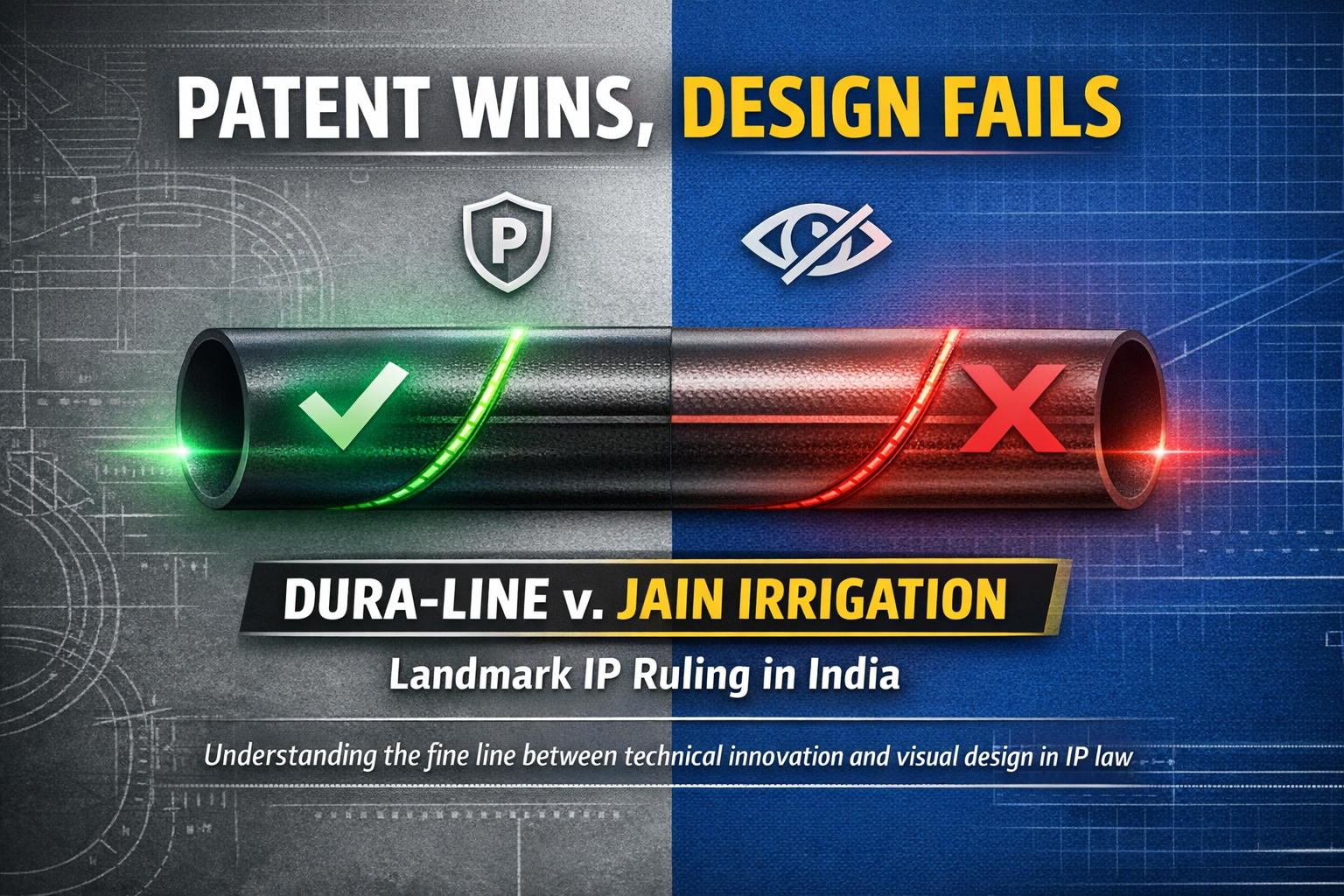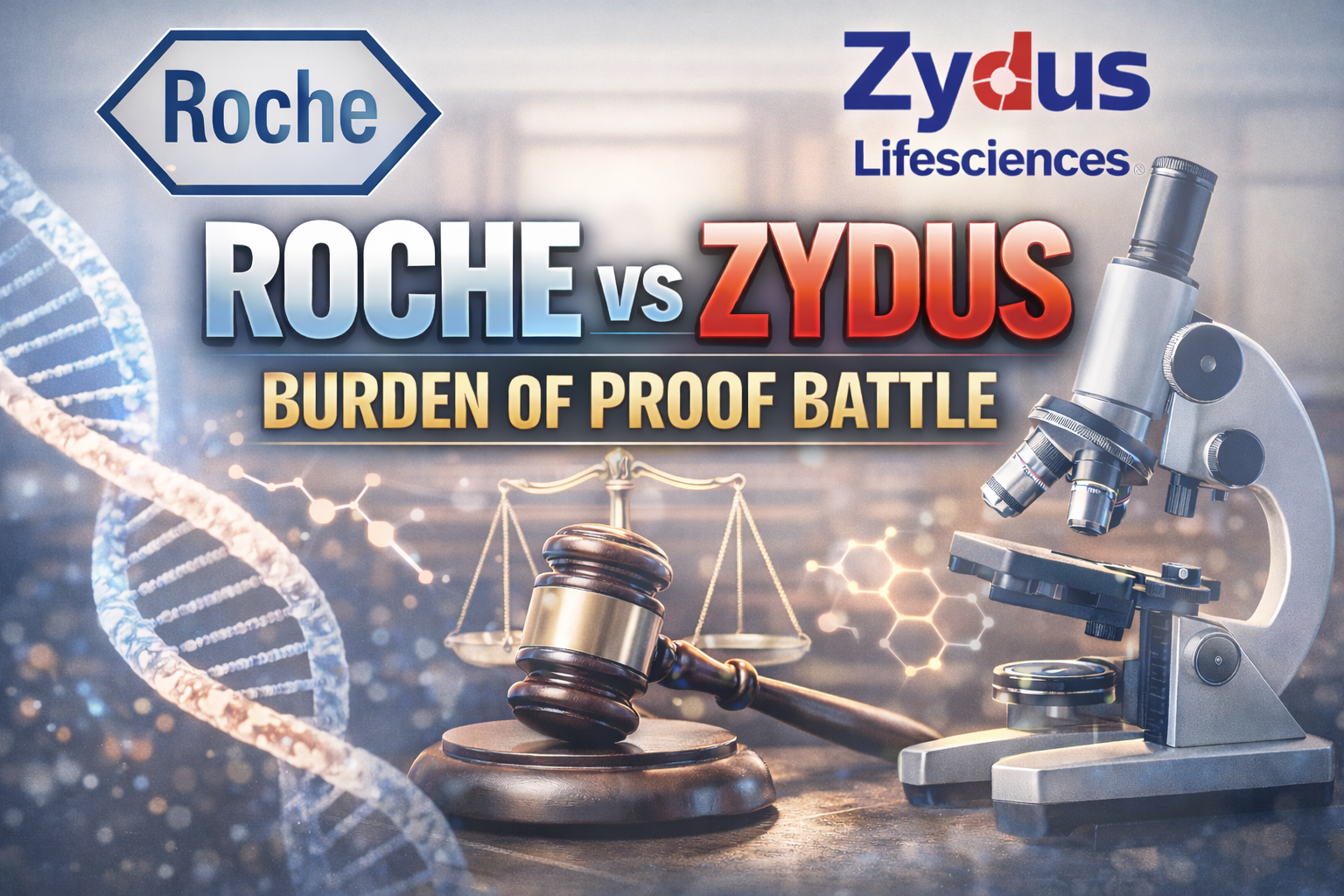In Today’s era, pharmaceutical industries have become an indispensable part of the health care system around the globe. Historically, pharmaceutical industries have played a vital role in human development by improving the quality of life and reducing the time spent in hospitals. The pharmaceutical industry is an indispensable component of healthcare systems worldwide, providing essential medicines and driving medical progress. This tremendous development’s credit goes to innovations where all epidemic and chronic diseases can be cured. They are essential for treating a wide range of diseases, from common infections to complex chronic conditions. All the innovations have become the part of the daily routine as a medication and products for human’s well-being. Every single medicine has become part of daily routine of patients which has been recognized as a brand name.
The importance of brand names in pharmaceutical industries is an immense marketing tool. A strong brand name can significantly impact a company’s success and market position and influence prescription decisions. A distinctive, unique and attractive brand name helps differentiate a pharmaceutical product from competitors in the market. This differentiation can be crucial in attracting patients and healthcare professionals or A brand name can facilitate market entry and expansion into new regions or countries. A well-managed brand can help to maintain a positive reputation even in challenging times, protecting the company’s long-term success. In the vast and ever-evolving landscape of the pharmaceutical industry, a brand name is more than just a label. It represents a vital component of a company’s identity and a critical factor in consumer trust, market success, and competitive positioning.
Understanding the significance of brand names in pharmaceuticals helps illuminate how they impact everything from patient safety to market share.
- Trust and Reliability
Brand names in pharmaceuticals often serve as a cornerstone of trust between consumers and healthcare providers. A well-established brand is typically associated with consistent quality, reliability, and effectiveness. For patients, particularly those managing chronic conditions or undergoing complex treatments, knowing that a medication comes from a trusted brand can be reassuring. This trust is crucial in a field where the stakes are incredibly high—patients’ health and lives depend on the efficacy and safety of the medications they use. - Differentiation in a Crowded Market
The pharmaceutical industry is highly competitive, with numerous companies vying for market share in various therapeutic areas. A distinctive and well-recognized brand name can significantly impact a product’s visibility and appeal. It helps differentiate a company’s offerings from those of its competitors. For instance, a brand name can convey specific benefits or features that set a drug apart from others, whether it’s enhanced efficacy, fewer side effects, or advanced delivery mechanisms. - Impact on Prescribing Practices
Healthcare professionals are often influenced by brand names when prescribing medications. A reputable brand name can provide confidence in a drug’s quality and effectiveness, which is essential for doctors when making prescribing decisions. Additionally, pharmaceutical companies invest in educational campaigns and promotional materials to reinforce the benefits and proper use of their branded products, further influencing prescribing practices. - Brand Equity and Patient Loyalty
Brand equity refers to the value a brand adds to a product beyond its functional benefits. In the pharmaceutical industry, strong brand equity can lead to greater patient loyalty and preference. When patients and healthcare professionals have positive experiences with a brand, they are more likely to choose it again and recommend it to others. This loyalty is a significant asset, influencing not only prescription patterns but also the overall perception of the brand in the market. - Global Reach and Market Expansion
For pharmaceutical companies aiming to expand into international markets, a brand name can be a powerful tool for global recognition. A strong brand can facilitate entry into new markets by leveraging its established reputation and credibility. However, companies must also consider cultural differences and ensure that their brand names are suitable and positively received in different regions. - Navigating Patent Expirations
When patents on branded drugs expire, generic versions of the medication often become available. In this scenario, the brand name still holds value. Strong brand equity can help companies maintain market presence through extended-release formulations, combination products, or new indications for the original drug. Additionally, well-established brands can continue to influence patient preferences even in the face of generic competition.
Moreover, Indian trademark cases highlight the crucial role of brand names in the pharmaceutical industry. They emphasize the need for distinctive and protected trademarks to avoid confusion, safeguard market position, and maintain consumer trust. For pharmaceutical companies operating in India, understanding and defending trademark rights is essential for protecting their investments and ensuring their brands are clearly recognized and trusted by consumers.
In the case of Cadila Health Care Ltd. v. Cadila Pharmaceuticals Ltd. (2001)
Case Summary: Cadila Health Care Ltd. filed a lawsuit against Cadila Pharmaceuticals Ltd. for trademark infringement, arguing that the use of a similar name was causing confusion in the pharmaceutical market. The case involved issues of brand name similarity and consumer confusion. Supreme court laid down the factors for determining passing off under section 27, focusing on likelihood of confusion. The court emphasized on principles of deceptive similarity for deciding the question on the following factors to be considered:
a) The nature of the marks i.e. whether the marks are word marks or label marks or composite marks, i.e. both words and label works.
b) The degree of resembleness between the marks, phonetically similar and hence similar in idea.
c) The nature of the goods in respect of which they are used as trademarks.
d) The similarity in the nature, character and performance of the goods of the rival traders.
e) The class of purchasers who are likely to buy the goods bearing the marks they require; on their education and intelligence and a degree of care they are likely to exercise in purchasing and/or using the goods.
f) The mode of purchasing the goods or placing orders for the goods and
g) Any other surrounding circumstances which may be relevant in the extent of dissimilarity between the competing marks.
Weightage to be given to each of the aforesaid factors depends upon facts of each case and the same weightage cannot be given to each factor in every case.
The case highlights the importance of avoiding similarities in brand names to prevent consumer confusion. The court’s decision stressed that even minor similarities could mislead consumers, especially in the pharmaceutical sector where brand trust is crucial.
Conclusion
In summary, a brand name in the pharmaceutical industry is not merely a marketing tool but a fundamental aspect of a company’s strategy and operations. It encapsulates trust, differentiation, regulatory compliance, brand equity, and market presence. As the industry continues to evolve, the role of brand names will remain central to navigating the complexities of global markets and maintaining competitive advantage. For pharmaceutical companies, investing in a strong, reliable, and well-recognized brand is essential for long-term success and impact in the healthcare sector.




Leave a Reply